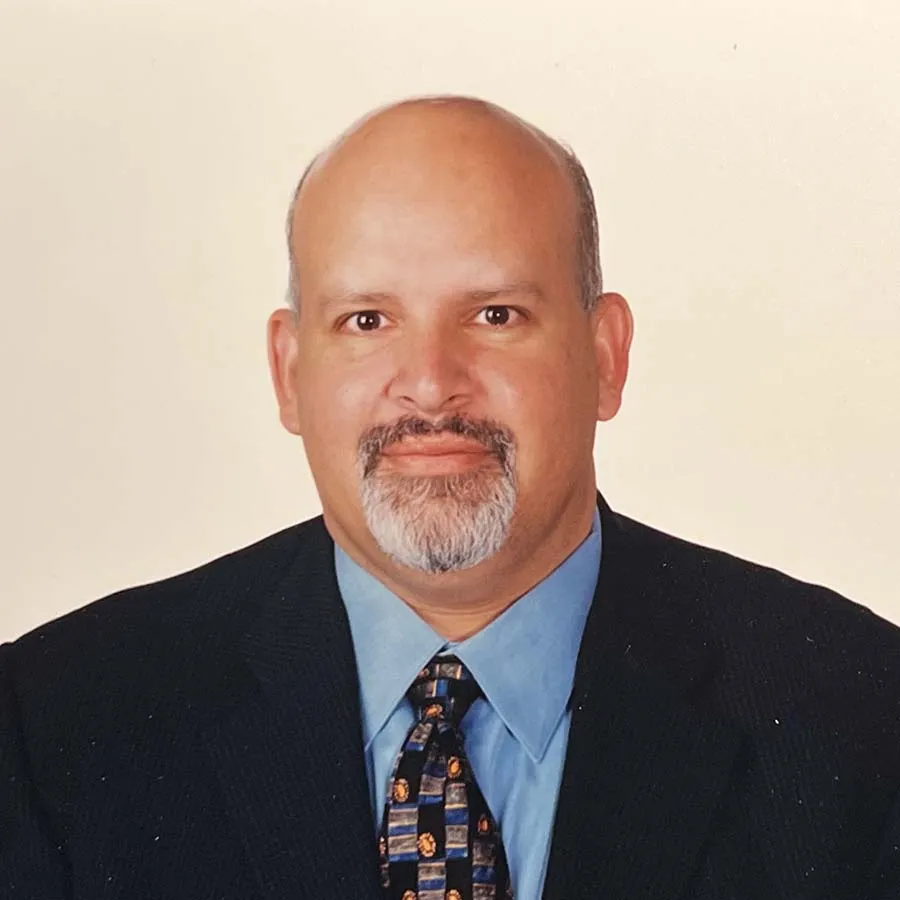Neurology (TBI)
Our highly trained neurologists diagnose and treat traumatic brain injuries of varying types and severity, in patients of all ages.
Our neurology team is especially well-versed in diagnosing and treating Traumatic Brain Injuries (TBIs). TBIs result when forces applied to or distributed to the head that injure the brain and cause signs and symptoms to manifest. Signs and symptoms can include dizziness, loss of consciousness, fatigue, light sensitivity, memory deficits, behavior changes, and more.
TBIs can occur during sports activities, auto accidents, falls, penetration of the skull, or other traumatic incidents.
Typically, TBIs are assessed and classified as mild, moderate, or severe based on symptom presentation and severity.
Typically, TBIs are assessed and classified as mild, moderate, or severe based on symptom presentation and severity.
Causes of TBIs
Falls are the most common cause of emergency department visits due to TBIs, followed by object strikes, motor vehicle accidents, and assault (1). Approximately 10 percent of TBIs are the result of sports and recreation (2).
Individuals who are 75 years of age or older are the age group most likely to experience a hospitalization and/or death due to a TBI (3). Males are also more at risk for experiencing a TBI-induced hospitalization or death (3).
TBI Signs and Symptoms
The signs and symptoms of TBIs span a wide range and can vary immensely in severity and duration. Some individuals with TBIs may not even experience any signs or symptoms.
Therefore, it is pertinent to receive the help of a professional in assessing neurological integrity if an individual, family member, or friend has experienced an event or force that was applied to the head and could potentially have injured the brain.
Because older adults are the most at-risk age group for contracting a TBI and frequently experience falls, the possibility of these injuries should remain on the table even if the primary diagnosis is a fracture or other injury from a fall (3).
Some symptoms of TBIs include loss of consciousness, altered sleep patterns, fatigue, and even remaining in a comatose state in the case of a more severe injury (4). Other common symptoms are more cognitive or behavioral in nature such as agitation, memory changes, difficulty focusing, feelings of confusion, and post-traumatic amnesia (2, 3).
Speech and sensory changes such as hypersensitivity to light are also common (2). Physical symptoms may include headaches, convulsions or seizures, numbness, difficulty coordinating movements, and pupil dilation (4).
Types of TBIs
TBIs are classified as mild, moderate, and severe.
- Mild TBIs are normal structural imaging, loss of consciousness lasting 30 minutes or less, altered consciousness or mental state of 24 hours or less, post-traumatic amnesia lasting one day or less, and a Glasgow Coma Scale (GCS) score of 13 to 15 (5).
- Moderate TBIs can include normal or abnormal imaging, loss of consciousness ranging from more than 30 minutes to less than 24 hours, altered consciousness or mental state lasting more than 24 hours, post-traumatic amnesia ranging from more than one day to less than one week, and a GCS score of 9 to 12 (5).
- Severe TBIs are diagnosed by normal or abnormal structural imaging, loss of consciousness of more than 24 hours, altered consciousness or mental state variable based on other criteria, post-traumatic amnesia lasting more than one week, and a GCS score of less than 9 (5). Not all criteria from each severity level must be met for a TBI to fall into that corresponding category–however, if criteria from multiple categories are fulfilled, then the more severe classification is upheld (5).
TBI Treatment
If you've experienced head trauma or symptoms of a TBI, get evaluated by a neurological physician as soon as possible. If you've suffered a TBI, your neurologist will grade the severity and provide appropriate care.
More severe TBIs can cause swelling or bleeding in the brain, which can compromise essential bodily functions such as breathing and heart rate regulation. If these functions are impaired, this can create medical complications and even potentially result in death.
Mild TBIs are typically treated through rest, avoiding strenuous physical and mental activity, limiting screen time, and possibly taking prescribed medications until signs and symptoms subside (3).
Moderate to severe TBIs can benefit from treatment from speech language pathologists, physical therapists, and occupational therapists to assess and rehabilitate from the injury, especially when it involves speech issues, pain, balance and vestibular issues, and deconditioning.
Individuals with mild TBIs who have persisting signs and symptoms that are not improving or are slow to improve can also benefit from these rehabilitation services.
Severe TBIs may warrant surgical intervention for hematoma repairs or contusions in addition to prescribed medication (6).
References:
- https://www.cdc.gov/traumaticbraininjury/pdf/tbi_report_to_congress_epi_and_rehab-a.pdf
- https://www.aans.org/Patients/Neurosurgical-Conditions-and-Treatments/Sports-related-Head-Injury#:~:text=There%20are%20an%20estimated%201.7,to%20sports%20and%20recreational%20activities.
- https://www.cdc.gov/traumaticbraininjury/data/index.html
- https://medlineplus.gov/traumaticbraininjury.html
- https://www.ncbi.nlm.nih.gov/books/NBK189784/
- https://www.ninds.nih.gov/health-information/disorders/traumatic-brain-injury
Three convenient Florida locations serving you.
- 207 N Krome Ave
Homestead , FL 33030 - (305) 900-4357
- Monday-Friday
By Appointment Only - Email Us
- Homestead and Miami-Dade County
- Contact us for driving directions.
- 2339 N Monroe St
Tallahassee , FL 32303 - (850) 500-4357
- Monday-Friday
By Appointment Only - Email Us
- Leon County, Tallahassee, Havana, Wacissa, Midway, Woodville, Monticello, Lamont, Saint Marks
- Contact us for driving directions.
- 7100 W 20th Ave , Unit 501
Hialeah , FL 33016 - (305) 900-4357
- (305) 900-4357
- Monday-Friday
By Appointment Only - Email Us
- Miami Lakes, Opa-locka, Hialeah, Miami Gardens, Miramar, Country Club, Palm Springs North, Pembroke Pines, and Miami-Dade County
- Contact us for driving directions.
Our Neurology (TBI) Team

Jose A. Marquez, MD
Neurologist





